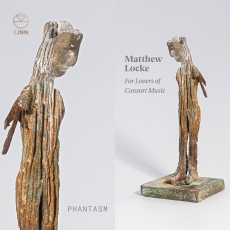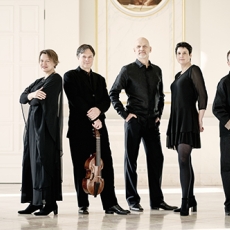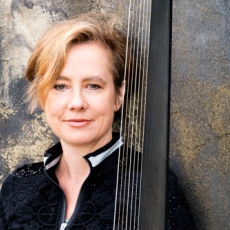Phantasm - Locke - BBC Music Magazine
Performance 5*
Recording 5*
When Matthew Locke died in 1677, his friend and disciple Henry Purcell paid tribute to a man 'whose skilful harmony had charms for all the ills that we endure'. Indeed, the fecund imagination of this eccentric and irascible composer certainly comes across in his viol consorts which offset what he himself describes as `art and contrivance' with 'light and airy musick'. Here, Locke disturbs with jagged, N- angular lines, wayward chromatic harmonies, and murky colours plumbing the consort's depths; `, t:' there, he delights with fleet, balletic rhythms, filmy textures, and lyrical melodies that soar to the treble viol's sweetest heights. A man of the stage (he composed for plays, masques, and musicodramatic entertainments), Locke splashes his scores with theatrical effects: fanfares and flourishes, declamatory passages, rhetorical pauses, bathos and pathos, light and shade. One of Phantasm's most distinctive qualities is its airy (phantasmal?) sound. With weightless bowing and wispy articulation, Locke's dance music floats and contrapuntal threads are woven into a fabric sheer as gossamer. Compare this gauzy voile with the thick velvet of Hesperion XX's 1993 recording of the Four-Part Consorts. The two ensembles' approach to tempo is also very different: Phantasm trips the light fantastic, with Elizabeth Kenny's thrumming theorbo adding pizzazz. By contrast, Hesperion XX's lugubrious approach dwells on the music's dark and strange harmonies - Locke's contemporaries might have described these readings as `poderose' (weighty). Perhaps the newer, more luminous recording best captures Purcell's elegiac words on his friend's power to assuage: `From pointed griefs, he'd take the pain away'.


